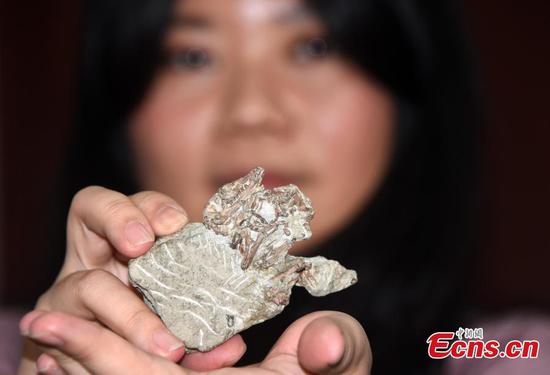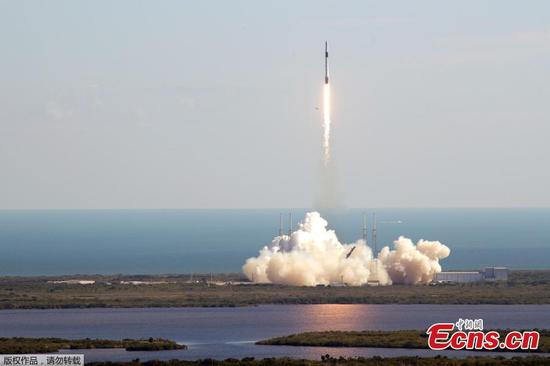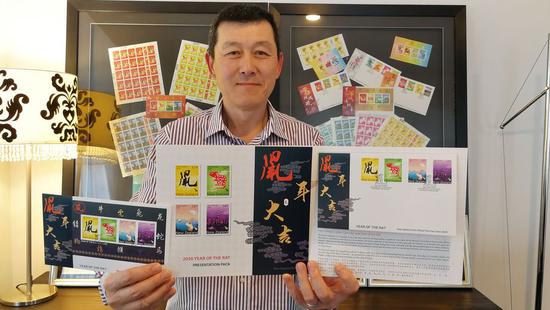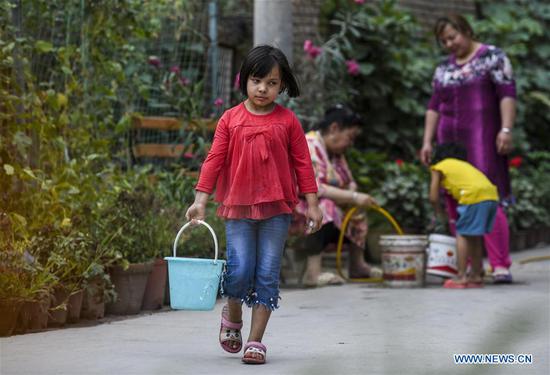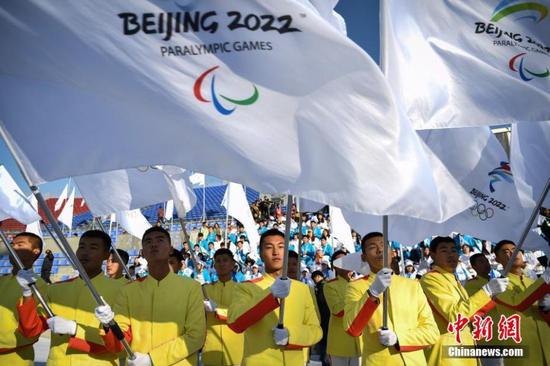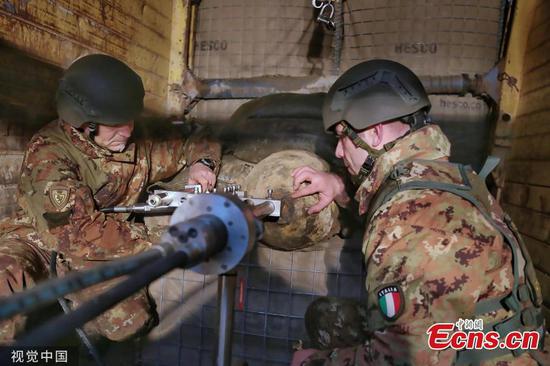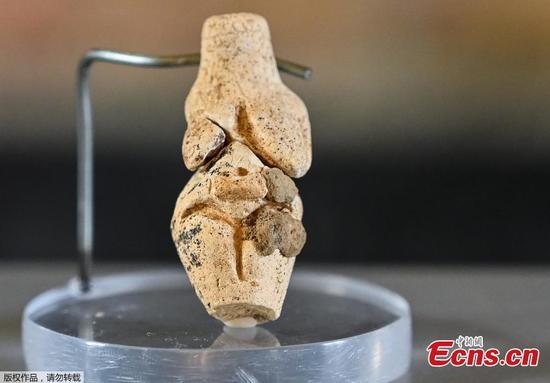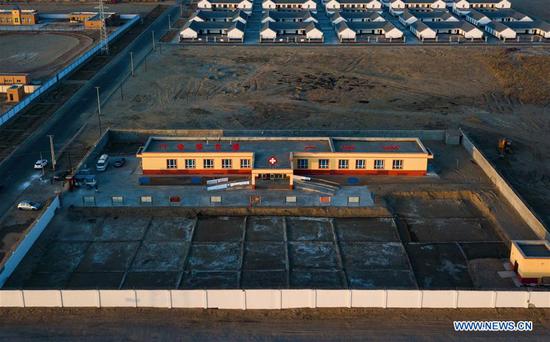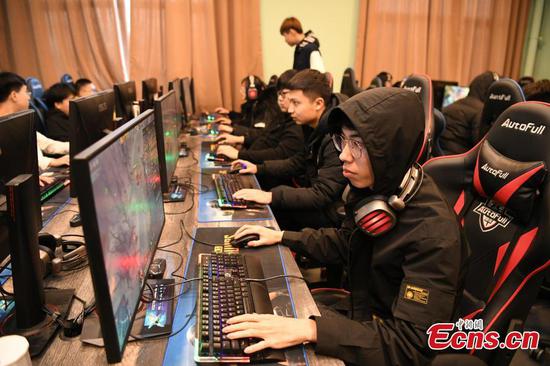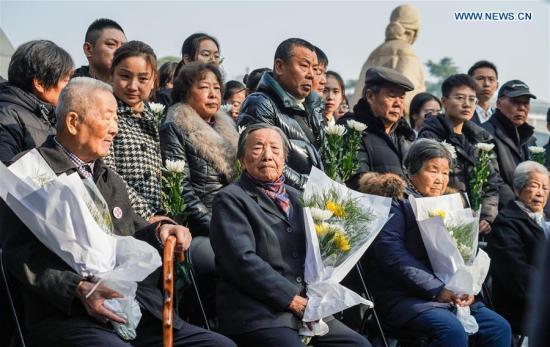As risks stemming from China's stock market have been largely eliminated, the nation will focus more on reforming its financial sector while expanding the capital markets' opening-up, an analyst said on Sunday.
The comment came after the Political Bureau of the Communist Party of China Central Committee meeting held on Friday, which analyzed and studied the economic work for next year.
Unlike last year, this year's meeting called for making important strides in reform and opening-up, and preventing systemic financial risks.
This outcome signals that the country will continue expanding its financial markets with a high focus on potential risks in the banking system, Xi Junyang, a professor at the Shanghai University of Finance and Economics, told the Global Times on Sunday.
"The stock market's risk-prevention ability is improving because of regulatory efforts. However, non-performing loans at some small banks are on the rise," he said.
So far this year, the Shenzhen Composite has risen 36.45 percent to 9,878.62 points, and the Shanghai Composite Index has risen 16.77 percent to 2,912.01 points, according to Wind terminal, a Chinese data provider.
In a recent meeting, the Financial Stability and Development Committee under the State Council, China's cabinet, said it will deepen capital-market reform as well as small and medium-sized banks to promote a benign circulation between the finance sector and the real economy.
The opening-up of domestic financial markets saw more inflows of foreign capital this year.
In the first 11 months of this year, 2,517 foreign institutions invested in China's inter-bank bond market, putting in 970 billion yuan ($137.88 billion), according to data from the China Foreign Exchange Trade System.
"Foreign capital flowed into the Chinese market largely because of higher yields and the relatively high credit quality of issuers," Xi said, noting that overseas interest in China's financial markets is increasing, as shown by some A-shares' inclusion in MSCI indexes.
The Chinese government has vowed to step up efforts for further opening-up.
For example, the State Administration of Foreign Exchange announced the removal of the investment quota restrictions for the Qualified Foreign Institutional Investors (QFII)and Renminbi Qualified Foreign Institutional Investors (RQFII).
Since the implementation of the QFII system in 2002 and the RQFII system in 2011, more than 400 institutional investors from 31 countries and regions have invested in China's financial market in this way, according to the SAFE.












